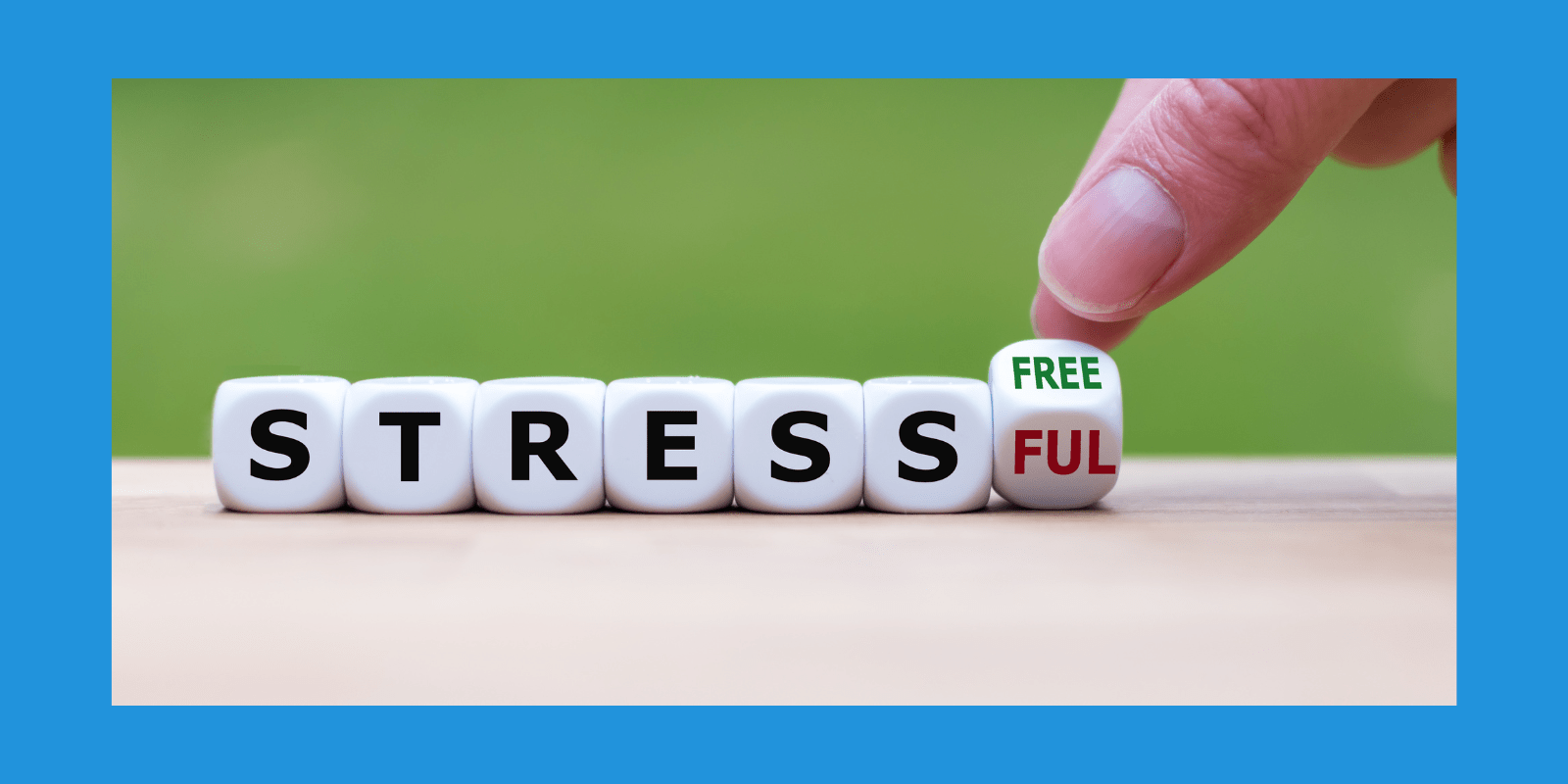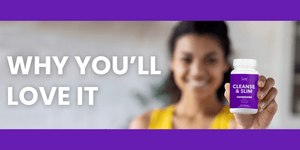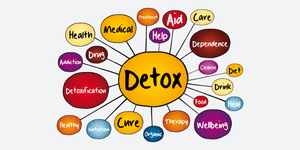In our fast-paced world, stress seems like an unwelcome constant.
We juggle deadlines, navigate relationships, and constantly chase that elusive feeling of calm.
While some stress can be motivating and energizing, chronic stress takes a toll on our physical and mental health.
Symptoms like fatigue, anxiety, insomnia, digestive issues, and even chronic disease can all be traced back to prolonged activation of the body's stress response.
That's why actively managing stress and nurturing overall well-being is so crucial.
When we establish rituals of self-care and make time to unwind, we allow our body to come out of that adrenaline-fueled "fight or flight" state and return to balance.
Read on as we explore holistic habits and healing modalities that can help you de-stress, restore inner calm, and cultivate vibrant health.
Understanding the Stress Response
Let's first demystify what's happening in the body when we perceive stress.
The hypothalamus signals the adrenal glands to release stress hormones including cortisol and adrenaline. Heart rate quickens, blood pressure rises, and digestion shuts down as blood flow is diverted to the muscles to prep for fight or flight.
This physiological cascade is intensely energizing in small bursts, but chronic activation leads to burnout.
Prolonged high cortisol depletes neurotransmitters like serotonin that regulate mood, increase inflammation, and suppress the immune system.
No wonder stress makes us so prone to anxiety, depression, and illness!
That's why acknowledging and addressing stress is crucial before it spirals into exhaustion and disease.
The good news? Nature provides a pharmacy's worth of stress-busting tools...we just have to remember to use them!
Lifestyle Tweaks for Lasting Balance
- Regular Exercise - Whether it's running, cycling, dancing, or team sports, physical activity is powerfully soothing and restorative. It releases mood-boosting endorphins, manages stress hormones, and promotes restful sleep.
- Balanced Nutrition - Reduce inflammation and maintain steady energy with anti-oxidant and nutrient-dense whole foods. Minimize sugar and refined carbs which lead to energy crashes. Stay hydrated and limit caffeine and alcohol which can exacerbate anxiety.
- Restorative Sleep - Make sleep a non-negotiable priority. Unwind before bed by dimming lights, avoiding screens, and drinking chamomile tea. Get comfy and aim for 7-9 hours per night. Consider blackout curtains if morning light disrupts sleep.
- Time in Nature - Spend time outside daily, even if just stepping outdoors briefly or opening a window. Nature has healing effects on the nervous system. If possible, take weekend trips to experience the rejuvenating magic of the wilderness.
- Mindfulness Practice - Cultivate present-moment awareness through mindfulness meditation, breathing exercises, yoga, walking in nature, or other contemplative practices. This "mental hygiene" helps manage stress reactivity. Start with 5 minutes daily.
- Artistic Expression - Spark your creative spirit with activities like painting, playing music, knitting, journaling, or baking. Immersing yourself in creative flow is deeply satisfying and relaxing.
- Laugh Out Loud - Laughter truly is wonderful medicine. Seek out humorous movies, silly YouTube videos, joke books, improv classes, or funny friends. Even forcing a laugh can lift your mood due to brain chemistry changes.
- Human Connection - Loneliness exacerbates stress. Nurture supportive relationships and ask for help when needed. Trade massages with your spouse. Schedule video calls with long-distance loved ones. Have deep conversations while walking with a friend.
Soothing Stress Relief Modalities
In addition to daily lifestyle habits, consider incorporating healing modalities that target stress relief. These mind-body therapies trigger physiological relaxation while dissolving tension, quieting the “monkey mind”, and restoring inner peace.
One especially powerful stress relief modality is cupping therapy. This ancient healing technique has gained popularity for its ability to melt away muscular tension, release stuck emotions, and restore a sense of calm.
Here's a closer look at how cupping encourages relaxation on a physiological level:
What is Cupping Therapy?
Cupping involves placing specialized cups on the skin to create suction. As the air is removed from the cup, it draws the skin and underlying tissues up into the cup. Typically used on the back, neck, and shoulders, this suction mobilizes blood flow to stagnant muscles and tissues, releasing built-up toxins and tension stored in the body.
Chronic stress often manifests as neck, shoulder and back tightness. By relaxing knotted muscles and triggering the flow of fresh oxygenated blood, cupping can provide immediate relief. Those achy tight spots start to soften and relax. Overall mobility improves.
Cupping activates the parasympathetic “rest and digest” nervous system which counters the adrenaline rush of acute stress. As the nerves relax and circulation increases, the body shifts out of fight-or-flight mode back into homeostasis.
In Chinese medicine, cupping helps release blocked qi or energy stuck in the body which can manifest as stress or constrained emotions. Opening these energetic pathways leaves one feeling lighter and more balanced.
Given the immense power of cupping to relieve physical and emotional tension, it’s no wonder this therapy is growing in popularity. Next time you’re feeling the weight of the world on your shoulders, think about scheduling a cupping session or trying it out at home yourself. You’ll walk out feeling refreshed, restored, and ready to gently embrace life’s challenges.
Here are other modalities you can also try for renewed calm and vibrancy:
- Acupuncture - This ancient Chinese medicine technique stimulates relaxation by inserting superfine needles along meridian points related to stress relief and mood balance. Many report feeling Zen-like calm after a session.
- Reflexology - Applying targeted pressure to reflex zones on the feet corresponds to specific organs and body systems. Reflexology helps with stress management by triggering a deep state of calm and balance.
- Floating Therapy - This involves lying in a warm salt-water pool inside a silent, enclosed tank. The sensation is similar to floating in space. The experience is profoundly relaxing and meditative.
- Reiki - A gentle hands-on energy healing method that clears blockages and restores flow through the body's natural energy pathways. The combination of human touch and energetic balance creates deep tranquility.
Remember, vibrant health isn't just the absence of disease. It stems from regularly nourishing our body, mind, and spirit through relaxing and rejuvenating activities that spark joy and instill a sense of calm.
By trying new modalities and establishing daily rituals of self-care, you'll find the perfect recipe for unwinding and restoring balance.
Ready to elevate your well-being and relaxation routine?
Get your very own cupping therapy set and experience the rejuvenating benefits of cupping massage for yourself today.
Here's to health, harmony and a life vibrantly lived! Just keep calm and happy cupping!






